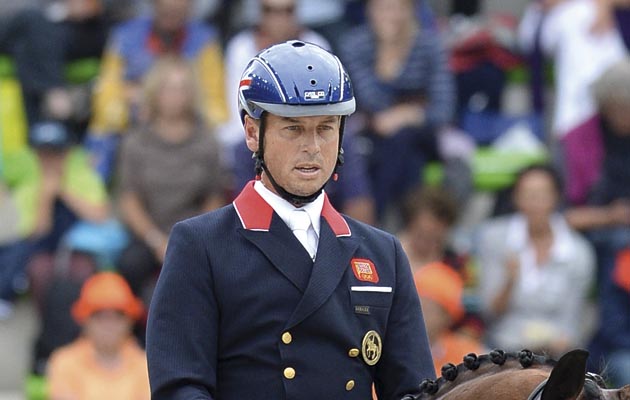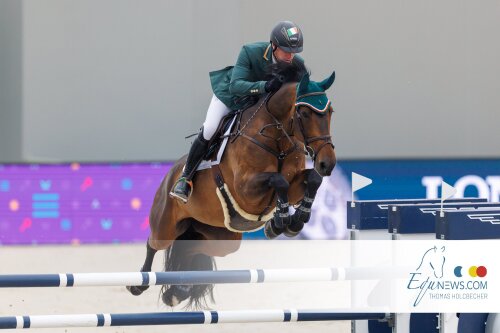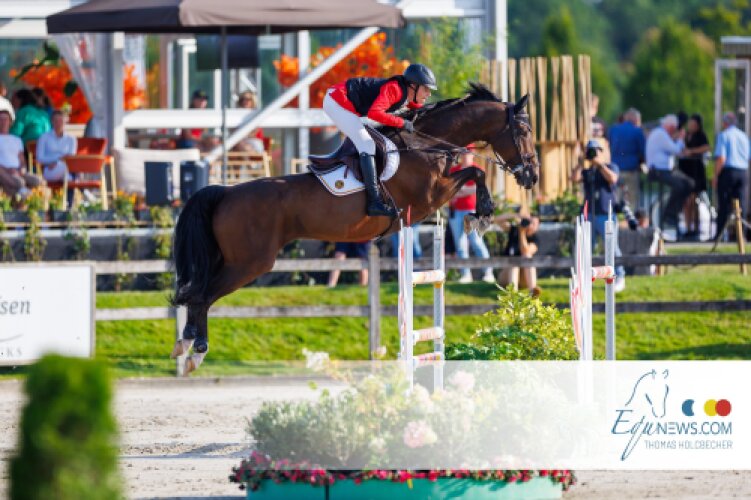Carl Hester is one of the most famous English Olympic dressage riders and trainers. He forms a team with Charlotte Dujardin. We combined eight tips from Carl Hester.
1. A magnet between your head and the ceiling.
Visualize yourself in the saddle as if there is a magnet between your head and the ceiling. So always sit straight and make yourself tall, putting your shoulders back is at least as important as sitting straight. This is a tip that Hester gave during his first clinic in America.
2. Focus on Trot
Improve your trot by starting from a good walk. Do not skip steps or let your horse walk too quickly. Carl Hester also emphasizes that he would rather have a horse with a good temperament and no particular movement than a horse with exceptional movement but no good temperament.
3. Let the horse do the work.
When you as a rider are more tired than the horse after a workout, something is wrong. To be an elegant rider, the horse must carry you and not the other way around.
4. Give your horse a rest.
Carl Hester and Charlotte Dujardin's horses work up to four times a week. A horse needs rest. When a horse has a difficult period, it is sometimes good to give the horse a few weeks rest, this is good for a horse both physically and mentally.
5. Warming up
Warming up is very important according to Hester, it decides your entire workout. Hester usually leaves his horses in the field or paddock for another 20-30 minutes before training them. It is good to let the horses stretch before you crawl on them.
6. Lateral work
Lateral work is designed to keep your horse supple and to collect. A horse is a gymnast according to Hester, that's why lateral work is very important in your training.
7. Transitions
Dressage is all about transitions according to Hester. You should ride at least 200 transitions per workout. Any kind of transition is extremely important, be it from walk to trot or from piaffe to passage. A transition should always be run correct and should never be neglected.
8. Let a horse be a horse
Make sure your horse can lead a normal horse life. Hester emphasizes that it is super important to leave your horse on the field or paddock and to take it on a walk every now and then for a change.
Source: FEI



